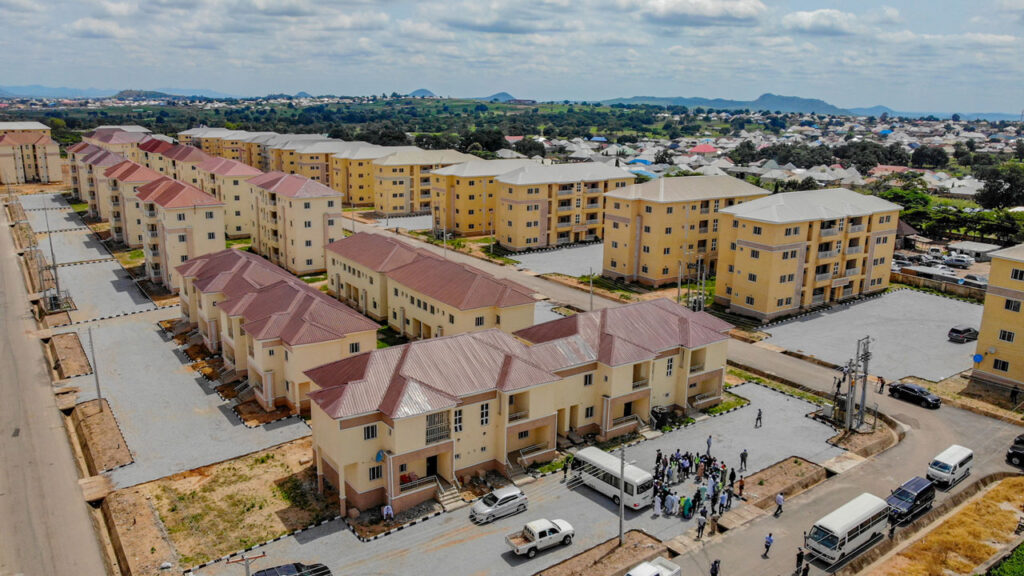Home
Affordable Housing in Nigeria: Bridging the Gap Between Demand and Supply.
Nigeria’s housing deficit, estimated at over 20 million units, remains a pressing challenge, impacting millions of citizens who struggle to access affordable and decent accommodation. For the average Nigerian, high property costs and limited financing options have made homeownership seem like an unattainable dream. Addressing this deficit requires a concerted effort from both the government and the private sector.
Government Housing Schemes
The Nigerian government has introduced several initiatives to tackle the housing crisis. Programs like the Federal Mortgage Bank of Nigeria (FMBN) and the National Housing Fund (NHF) aim to provide low-cost housing and accessible mortgage financing. Additionally, state governments are partnering with developers to create housing projects tailored to middle- and low-income earners.
Private Sector Contributions
The private sector is playing a crucial role in reducing the housing deficit by investing in affordable housing projects. Real estate companies are leveraging innovative building technologies to lower construction costs and deliver quality homes faster. Partnerships with international organizations and non-profits are also increasing funding and expertise for such projects.
Innovative Financing Options
Accessible financing remains a cornerstone for affordable housing. Mortgage plans, though underutilized, are gradually gaining traction, offering longer repayment terms at lower interest rates. Rent-to-own schemes are emerging as a viable alternative, enabling individuals to pay for their homes in installments while living in them. These options reduce the financial burden on aspiring homeowners and make property acquisition more realistic.
Emerging Opportunities
Regions like Ogun, Kaduna, and Akwa Ibom are becoming hubs for affordable housing development. These areas offer lower land acquisition costs, proximity to urban centers, and government incentives for developers. As infrastructure improves, they present attractive opportunities for both developers and homebuyers.
Conclusion
Bridging the gap between housing demand and supply in Nigeria is a monumental task, but progress is being made. With stronger government policies, increased private sector involvement, and innovative financing options, affordable housing can become a reality for many Nigerians. Collaborative efforts are essential to ensure that this vision reaches even the most vulnerable populations, paving the way for a more equitable housing future.

